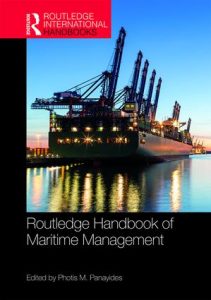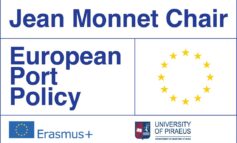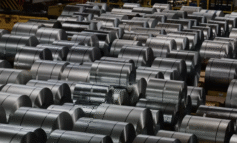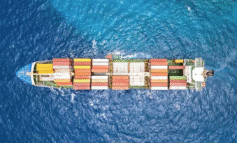 Port management entities, -or, Port Authorities, in a most accustomed context are increasingly involved in collaborations with other ports, commercial entities and institutions. As Port Authorities (PAs) ‘go international’ via several strategies, they expand collaborations well beyond the notion of proximity. While they continue to be involved in various forms of collaboration with ports and other entities located in nearby proximate regions, they also seek to establish and benefit by relationships with geographically non-proximate ports or stakeholders.
Port management entities, -or, Port Authorities, in a most accustomed context are increasingly involved in collaborations with other ports, commercial entities and institutions. As Port Authorities (PAs) ‘go international’ via several strategies, they expand collaborations well beyond the notion of proximity. While they continue to be involved in various forms of collaboration with ports and other entities located in nearby proximate regions, they also seek to establish and benefit by relationships with geographically non-proximate ports or stakeholders.
The chapter provides a conceptual and empirical understanding of the emerging patterns of the latter inter-organisational relationships, that is to say, those partnerships evolving on cross-border and, in many cases, on cross-continental level.
PortEconomics member Thanos Pallis jointed by Evi Kladaki (University of the Aegean, Greece), following a discussion about the drivers towards more extensive port collaboration (Section 2), explore the relevant practices developed by major European port authorities (Section 3). Thanos’ and Evi’s analysis develops a fitting typology of the behaviours observed with reference to the geography, objectives, and structures of the evolved collaborations. Beyond a synopsis of the latest (strategic) trends at the port industry, this typology also provides an essential background to link practices with Why and How these strategies are emerging.
Their chapter, included in the Routledge Handbook of Maritime Management, edited by Photis M. Panayides, provides this linkage, in a way that responds to calls to move port research towards management-focused firm-led concepts (see: Pallis et al. 2010; 2011; Woo et al., 2012; Notteboom et al, 2013): it employs non-port related literature on the formation of inter-organisational relationships so as to explore better the structures of the Why’s and How’s of the recorded collaborative activities. These explorations allow developing the framework for understanding whether port management bodies follow similar paths when initiating such relationships.
The authors’ version pf the chapter can be downloaded here, while more information on the handbook can be found here.












